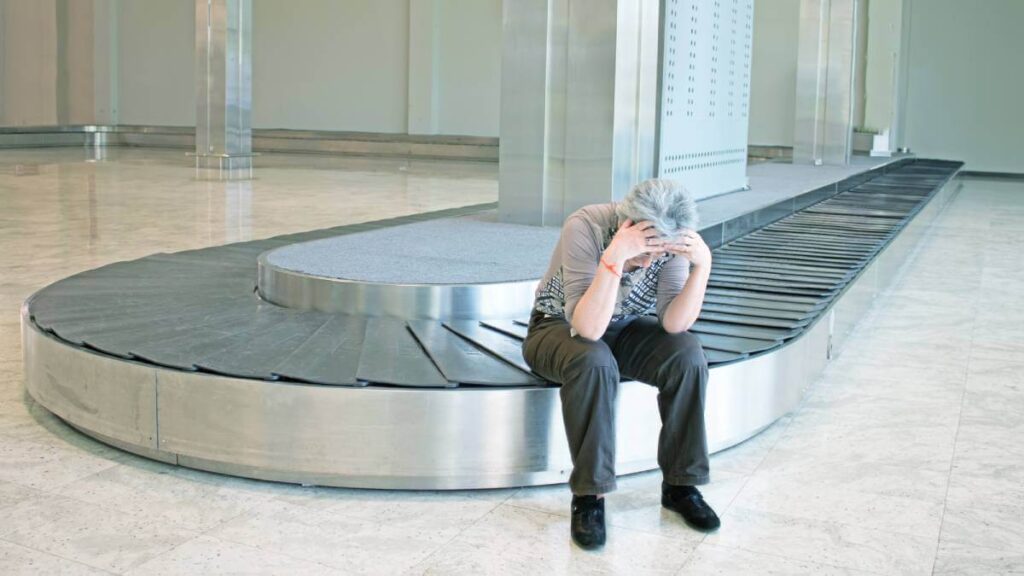Unfortunately, lost bags are a travel problem that won’t go away.
Despite technology improving our lives in almost every other way, it seems the airlines still can’t get their act together to put luggage on the same plane you are travelling on.
Prevention is better than cure, so before you travel it may be a good idea to invest in some location trackers and pop them somewhere in the interior of the bag. That way if your baggage does go missing, you may have a rough idea where it is located.
It’s also a good idea to take a date-stamped photo of the condition and contents of your luggage before you travel. This will help in your claim and in finding the luggage.
Domestic rules
So, your luggage hasn’t turned up. What now? Well, for domestic travel, the first thing is to go to the baggage claim office and lodge a report with the airline.
And this is why you should always keep your bag tag or bag bar code. You should also give as much information as you can about the colour, brand and any identifying features of the luggage to the staff.
Consumer compensation lawyers MauriceBlackburn recommends lodging a lost luggage report with baggage claim before you leave the airport, even if the airline tells you the luggage is on the next flight.
Time limit
Remember, the airline lost your luggage in the first place, so they probably aren’t the best source of reliable information.
Some airlines also have a time limit for lodging a claim, so it’s best to get in early.
Ask for a copy of the claim or take a photo of it, as it will have a reference number that you will need to use if things go pear-shaped or you need to make an insurance claim.
You should also ask if they provide immediate cash payment to cover toiletries and other sundries. Some airlines have this policy, but not surprisingly do not publicise it.
According to the Civil Aviation (Carriers’ Liability) Act, you could be compensated up to a maximum of $3000 for checked baggage and $300 for unchecked baggage.
When, and if, your luggage turns up, the airline is responsible for delivering it to your address.
Luggage is considered ‘delayed’ for 21 days after travel, after that it’s considered lost.
MauriceBlackburn says for international travel an airline’s liability is covered by one of two international treaties: the Montreal Convention or the Warsaw Convention. These conventions have different amounts of compensation so you will need to review your airline’s website for the next steps, for example submitting a separate lost baggage claim.
Will insurance make up the difference?
Airlines only cover the legal minimum, so insurance will cover the shortfall between what the airline pays and the actual cost of your lost luggage.
With almost everyone carrying at least one electronic device, it’s easy to see how people would quickly pass the $3000 threshold.
However, if you are travelling with expensive items, you should take out enough insurance to cover them before you travel. You can buy insurance for individual items if that is preferred.
As part of your claim, be sure to keep receipts of any sundries you have had to purchase because of the lost luggage such as clothes and medication.
You can also often claim on your credit card insurance. Check the fine print for what they cover.
Has your luggage ever been lost? What was the outcome? Why not share your experience in the comments section below?
Also read: Where do solo travellers want to go in Australia?

